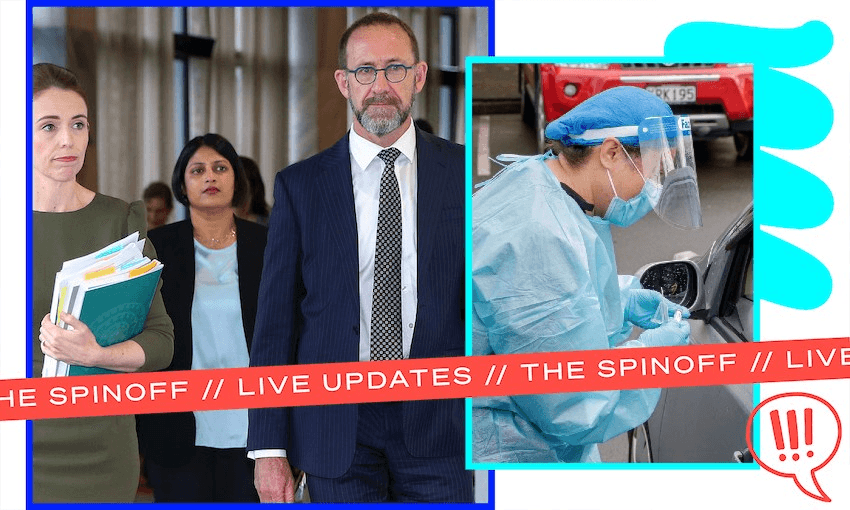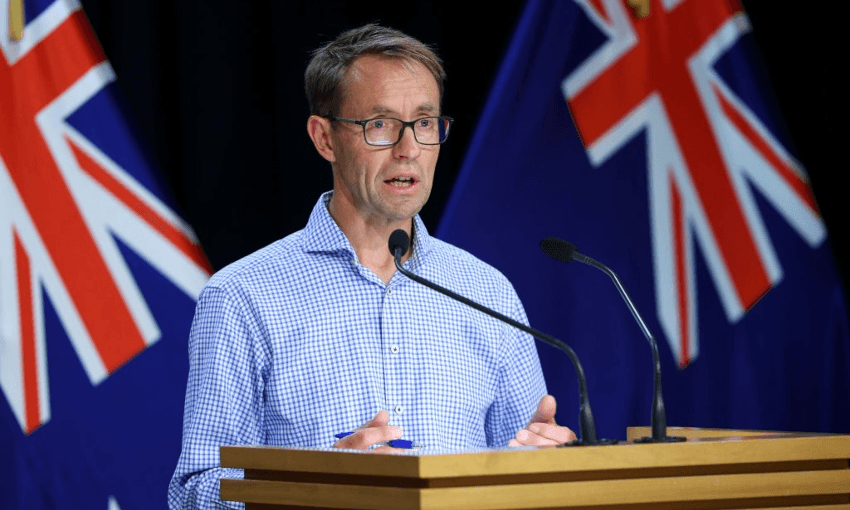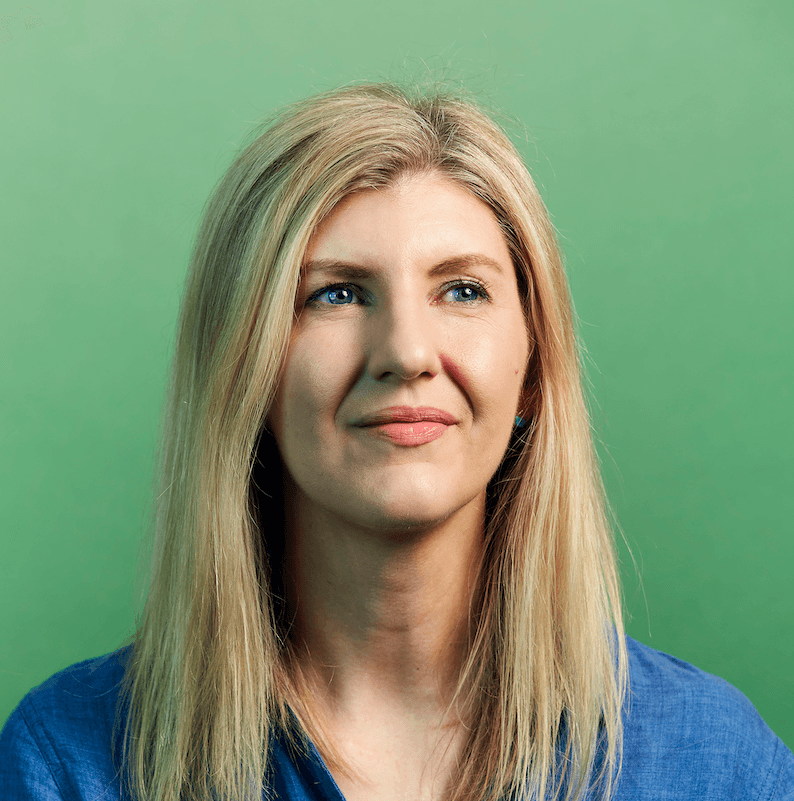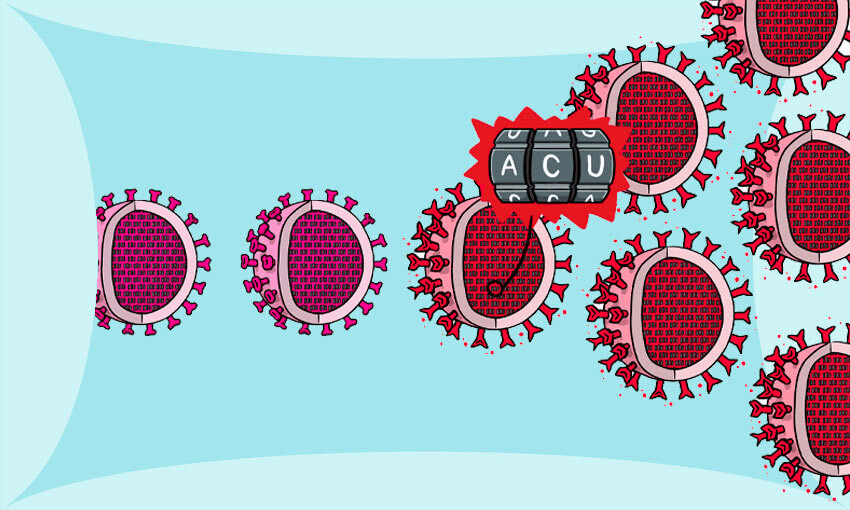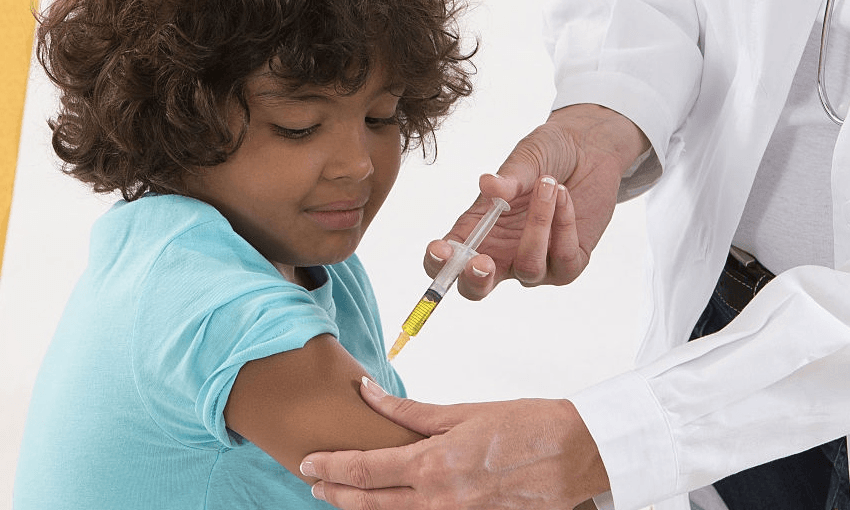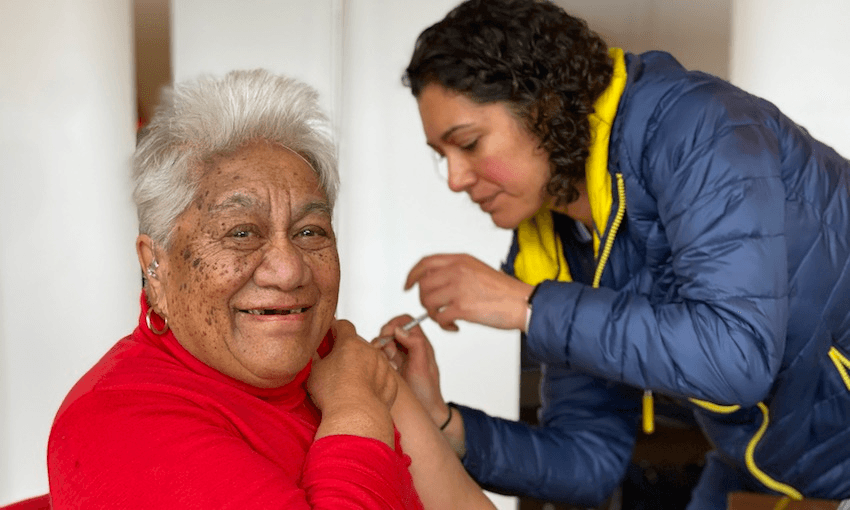There are 91 new community cases of Covid-19 today across Northland, Auckland, Waikato, Lakes, Bay of Plenty, and Taranaki. The case number total includes the 15 cases in Eltham, Taranaki, that were announced yesterday, plus one more case that was identified overnight.
Fifty-eight people with Covid-19 are in hospital, with four in intensive care.
Yesterday was the first day that rapid antigen tests were available from pharmacies across the country. The Ministry of Health says that 82,000 rapid antigen tests have been dispatched to 531 pharmacies to date.
“Recent severe weather has disrupted deliveries to some pharmacies. We are working with our courier services to ensure deliveries can be made as soon as possible, with orders being prioritised for city centres, travel junctions and vacation hot spots.
“As of this morning, 256 of these pharmacies have received their tests and a significant number of those remaining are expected to receive their tests by the end of today.”
Regional updates
Northland
There are two new cases to report in Ruakākā today.
The cases are known contacts of a previously reported case and were already isolating when they tested positive.
Auckland
Today, there are 55 new cases being reported in Auckland. Health and welfare providers are now supporting 1,970 people to isolate at home, including 504 cases.
Waikato
There are seven cases to report in Waikato today – five are in Hamilton, one is in Te Kūiti and one case will be reported as in Waihi.
This person was tested outside of Waihi and will be isolating at home from today. At this stage there are no locations of interest to report in the town because any exposure events occurred outside of Waihi.
Four have been linked to previous cases and two are under investigation.
Public health, primary care and manaaki providers in the region are supporting 68 cases to isolate at home.
Bay of Plenty
There are 11 cases to report in Bay of Plenty today. Of these cases, eight are in the Tauranga area, and three are in the wider western Bay of Plenty.
Today’s cases are still being investigated for potential links to previously reported cases.
Lakes
Today’s one case is in Rotorua and is a contact of a previously reported case. They were already in managed accommodation when they tested positive.
Taranaki
The Ministry of Health has included 16 cases in Eltham, Taranaki, in today’s total. Fifteen of these cases were announced yesterday and are being officially added to the case tally today.
Public health officials are conducting interviews with the latest confirmed case to identify, isolate, and test any close contacts and determine any further locations of interest. Though initial investigations have confirmed this case is linked to previously reported cases in the area.
Earlier interviews with cases have already determined a range of locations of interest, which have been added to the Ministry’s website, with further locations expected. People in Taranaki are asked to monitor the Ministry webpage, which is updated regularly.
